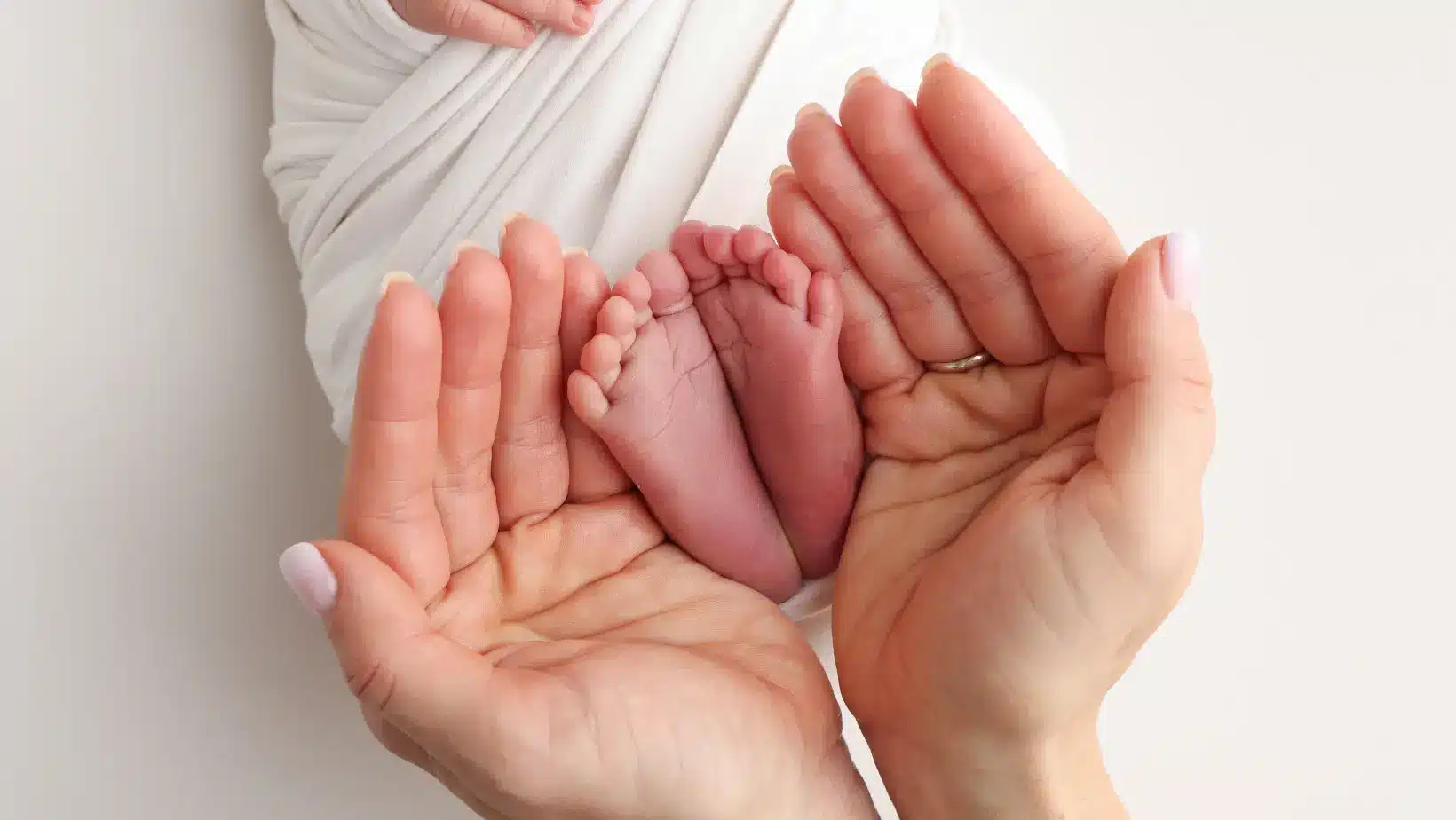To read the previous part of the article, go to The Main Causes of Premature Childbirth.
You need to consider the differences between giving birth at term and giving birth prematurely. Of course, both involve giving birth. But there are many differences between premature childbirth and childbirth at term.
Active labour, signs of labour such as contractions, and breaking water can occur the same way for premature and term labour. The intensity of the contractions and pain felt can vary in women who give birth prematurely, but some feel little pain.
What you should know about premature childbirth:
- The baby is smaller, and labour progresses faster since they descend more quickly into the mother’s pelvis
- The cervix doesn’t have to dilate to 10 cm for the baby to pass since their head is smaller

- During labour, there will be more procedures and monitoring for the mother and baby. For example, more monitoring of the baby’s heart, frequently a caesarean to avoid trauma for the premature baby during birth, more frequent episiotomies (French only) (cutting the perineum) to help exit the baby’s head, which is fragile
- There will always be more caregivers in the delivery, frequently two nurses, one doctor and a team that takes care of premature babies in the neonatal unit (pediatrists and others). The neonatal unit is an ultra-specialised care unit which provides intensive care for premature babies and babies with special needs
- When there is enough time, a pudendal nerve block or epidural is safe and used during premature births. Intravenous analgesics are frequently prescribed to avoid putting the baby to sleep even further
- If the delivery is an emergency, a general anesthetic (putting the woman to sleep) may be necessary to remove the baby quickly under the best conditions possible. During an emergency caesarean, the father cannot attend the birth of their child.
For the parents, it’s often the shock! Over a few minutes or hours, their world falls apart! They dreamed about having a baby born healthy and at term.
Many mothers will have to be transferred to a delivery room equipped to welcome premature babies. Few hospitals offer specialised neonatology services essential for the care of very premature babies.
If the delivery occurs rapidly, the baby will be transferred to the nearest specialised hospital for their stay, based on their degree of prematurity and condition. The mothers or babies may be transferred by ambulance, helicopter or even airplane depending on where they live.
In a neonatology unit, a multidisciplinary team is there to take care of the baby and support the parents.
- Pediatrists specialising in premature babies (neonatologists),
- nurses, breastfeeding consultants,
- lab and x-ray technicians,
- respiratory therapists, physiotherapists, occupational therapists,
- psychologists and social workers may be called upon as needed.
Ask about visitation rules and get the telephone number to reach them at any time.
If you want to learn more about neonatology, read What Should You Expect if the Baby is in the Neonatal Unit?


